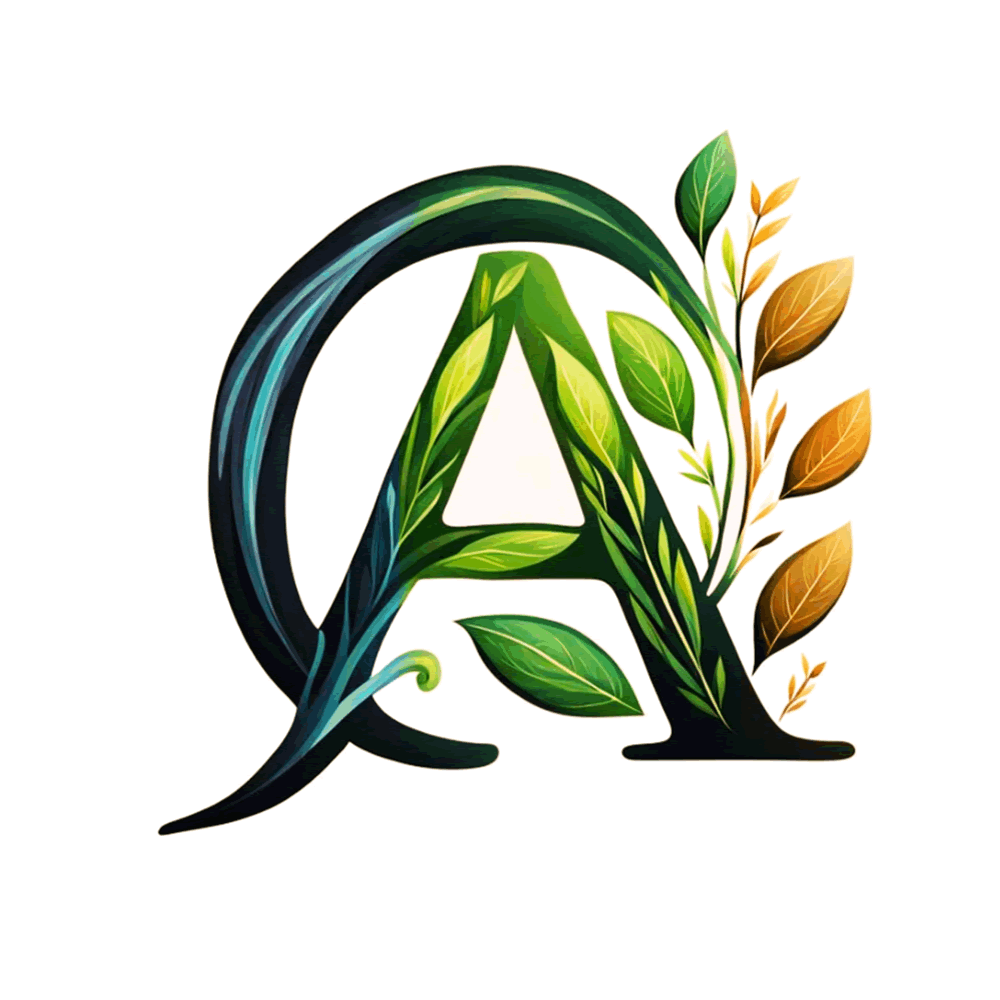The concept of stagnation within our own bodies and minds is not unlike that of a stagnant river: it breeds discontent, discomfort, and disconnection. When energy, emotions, or spiritual vitality become trapped and stagnant within us, we may experience a sense of heaviness or malaise that affects all aspects of our being. Removing stagnation allows us to thrive and regain our natural rhythm, much like a well-flowing river that brings life, clarity, and energy to its surroundings.
Eliminating stagnation within us can involve practices such as yoga, meditation, and breathwork, which help to circulate and balance our energy and emotions. On a physical level, stretching, exercise, and bodywork can release tension and promote flow. On an emotional level, expressing our feelings through journaling, art, or conversation can help us move through emotional blockages. On a spiritual level, cultivating mindfulness and connecting with our inner selves can lead to a sense of harmony and purpose.
Moreover, nature offers us countless gifts to aid in our journey towards balance and well-being. When we observe the natural world, we see an intricate web of life, where each element plays a role in sustaining the whole. By cultivating a relationship with nature, we can draw upon its wisdom and resources to support our health and healing.
For instance, the plants and herbs that grow around us, even those we may dismiss as “weeds,” have potent healing properties. Many of these plants can be used in teas, tinctures, and other natural remedies to soothe ailments and promote wellness. Dandelion, nettle, and plantain are just a few examples of plants often regarded as weeds, yet they offer powerful benefits for detoxification, inflammation reduction, and skin health.
Connecting with nature doesn’t just involve using plants for their medicinal properties; it also means immersing ourselves in the natural world to benefit our overall well-being. Walking barefoot on the earth (known as earthing or grounding) allows us to absorb the earth’s energy and can help reduce inflammation and stress. Spending time in green spaces has been shown to improve mental health, boost mood, and enhance cognitive function.
In addition to the direct benefits of interacting with nature, observing its rhythms and cycles can teach us important lessons about ourselves and our place in the world. Nature is constantly changing and adapting, and by attuning ourselves to its patterns, we can cultivate resilience and acceptance in our own lives.
Nature is also a reflection of the interconnectedness of all things. Just as one species in an ecosystem depends on another for survival, we too are part of a larger web of life, and our well-being is intrinsically linked to the health of the planet. By honouring and respecting nature, we nurture not only our own bodies and minds but also the world around us.
Those who menstruate experience a unique connection to cyclical rhythms, not just with the changing seasons but also with their own bodies. The menstrual cycle is a powerful indicator of overall health and well-being, reflecting the natural ebb and flow of hormones, energy levels, and emotions. Recognising and embracing this cyclical nature can help those with a cycle align their lives with these natural rhythms, promoting balance and self-awareness.
Honouring the Cycle:
Understanding the phases of the menstrual cycle allows women to work with their bodies rather than against them. Each phase—menstruation, follicular, ovulation, and luteal—brings its own unique energy and focus.
Rest and Reflection:
Menstruation is a time for rest and reflection, a period to slow down and nurture the body. Gentle practices such as yoga, meditation, or journaling can support this inward focus.
Creativity and Growth:
The follicular phase is a time of renewal and growth, ideal for setting intentions and exploring new ideas. Energy levels often increase, making it a great time for physical activity and creative projects.
Connection and Expression:
Ovulation is a period of peak energy and sociability, an opportunity for connection and self-expression. Women may feel more outgoing and assertive during this time.
Introspection and Preparation:
The luteal phase is a time for introspection and preparation. This phase can offer clarity and insight, guiding you towards what needs to be addressed or released before the next cycle begins.
By paying attention to these phases and nurturing their bodies accordingly, those with a cycle can tap into their innate wisdom and experience a greater sense of empowerment. This cyclical awareness also fosters self-compassion, as we learn to honour our needs at different times of the month.
In addition, aligning with the menstrual cycle can be a pathway to greater harmony with nature itself, as the cycle mirrors the natural rhythms of the world. This interconnectedness fosters a deeper appreciation for the cycles of life and the wisdom they offer.
To truly embrace nature as medicine, we must take an active role in caring for the environment. Sustainable practices such as planting native species, conserving water, and reducing waste not only benefit the planet but also help us maintain a healthy, harmonious relationship with the natural world.
In conclusion, nature is a powerful ally in our quest for health and wellness. By recognising the interconnectedness of all life, and by learning to harness the healing properties of nature, we can cultivate a deeper sense of balance and vitality in our lives. Nature’s medicine is all around us—let us open our hearts and minds to its wisdom and gifts.


